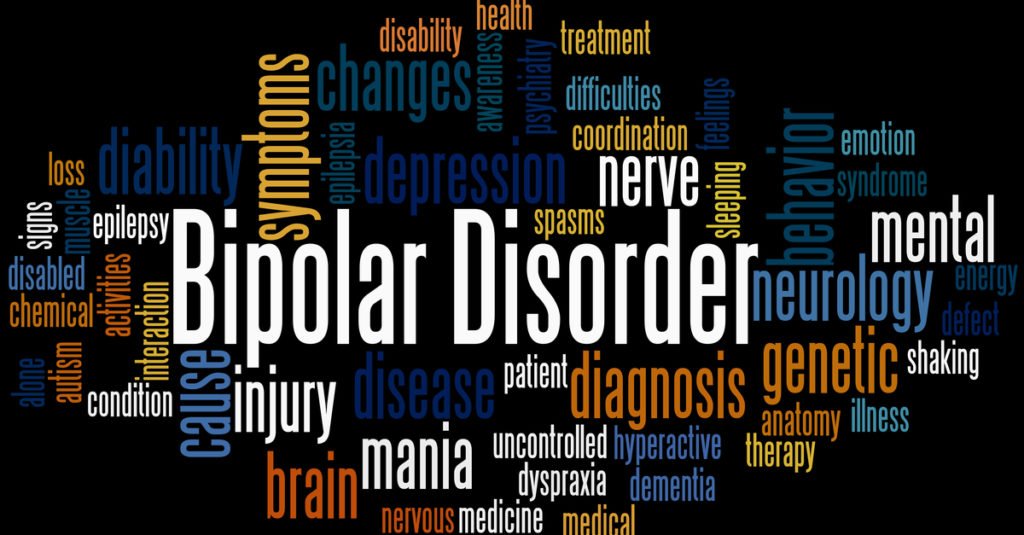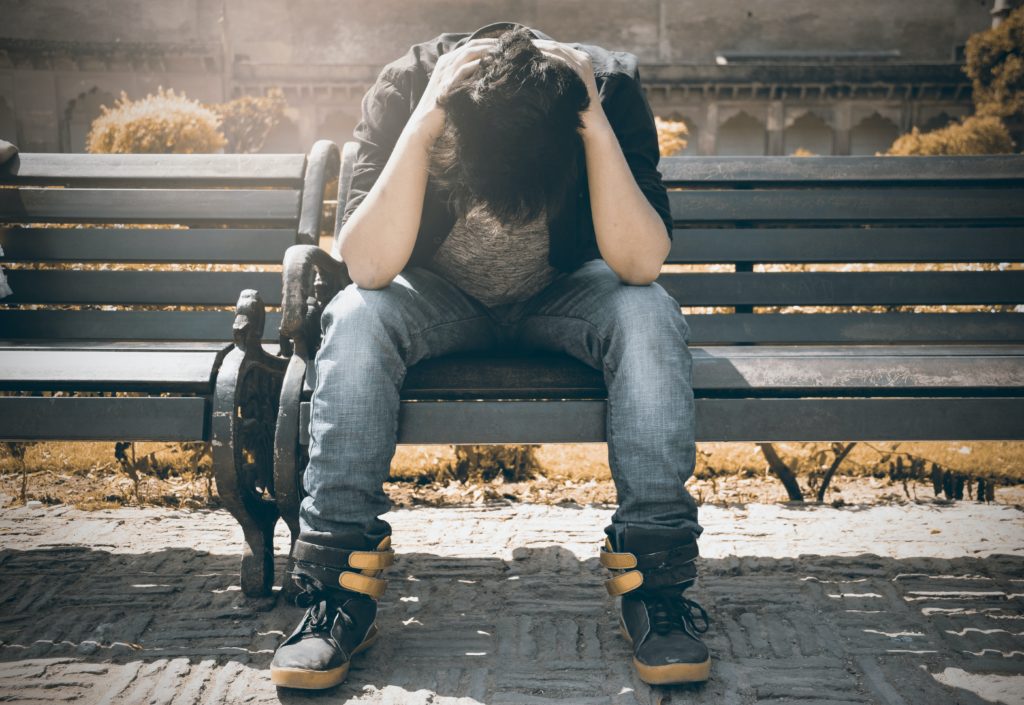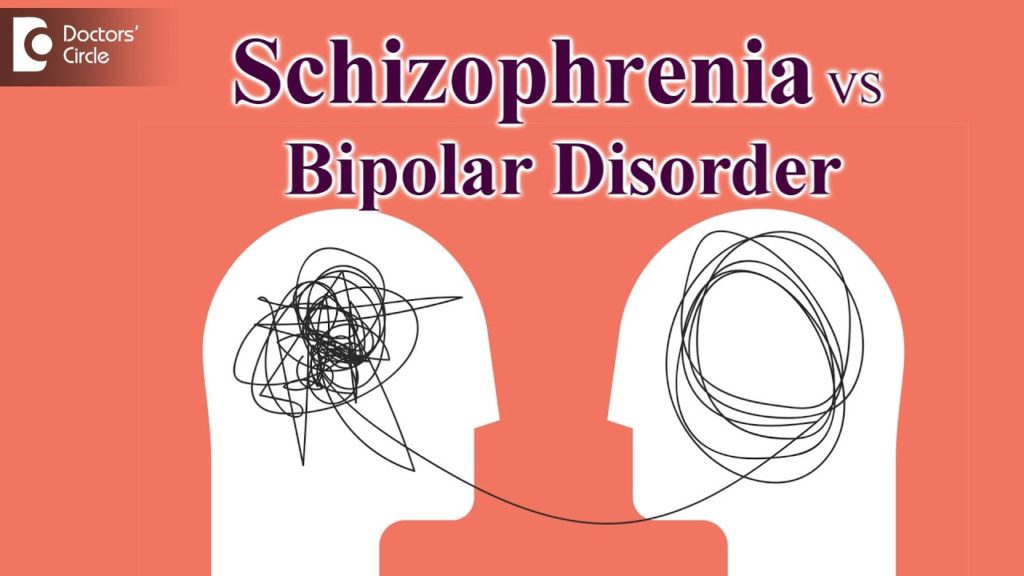
What is Bipolar Disorder?
Bipolar disorder, also known as manic-depressive disorder, is a mental illness that causes drastic changes in mood, energy levels, and activity levels.
People with bipolar disorder experience high highs, called mania, and low lows, called depression. between these two extremes, people with bipolar disorder may also experience periods of normal mood and behavior.
Bipolar disorder is a serious mental illness that can have a profound effect on a person’s life. It can interfere with work, school, and personal relationships.
Bipolar disorder can be difficult to diagnose because the symptoms can vary from person to person and change over time.
Bipolar disorder is believed to be caused by a combination of genetic and environmental factors.
While there is no cure for bipolar disorder, it can be treated with medication and therapy. If you or someone you know is experiencing symptoms of bipolar disorder, it is important to seek professional help.
Early diagnosis and treatment can make a big difference in managing the symptoms of bipolar disorder and living a healthy, productive life.
Symptoms of Bipolar Disorder
Bipolar disorder is characterized by dramatic mood swings from highs (mania) to lows (depression). These mood swings can be so severe that they interfere with a person’s ability to function at work or school or in personal relationships.
Symptoms of mania include:
· Increased energy levels
· Reduced need for sleep
· Heightened sense of well-being
· Excessive talking
· Impulsiveness
· Reckless behavior
Symptoms of Depression include:
· Loss of interest in activities that were once enjoyable
· Fatigue
· Difficulty concentrating
· Changes in appetite or weight
· Feelings of Worthlessness or guilt
· Thoughts of death or suicide
The symptoms of bipolar disorder can be different from person to person and can change over time.
It is important to seek professional help if you or someone you know is experiencing symptoms of bipolar disorder.
The Causes of Bipolar Disorder
The exact cause of bipolar disorder is unknown, but it is believed to be caused by a combination of genetic and environmental factors.
There seems to be a link between bipolar disorder and family history. People who have a parent or sibling with bipolar disorder are more likely to develop the condition themselves.
Certain stressful life events, such as the death of a loved one, divorce, or job loss, can trigger episodes of mania or depression.
Other factors, such as sleep deprivation or substance abuse, can also trigger symptoms of bipolar disorder.
It is important to remember that not everyone who experiences these triggers will develop bipolar disorder.
The Treatment Options for Bipolar Disorder
While there is no cure for bipolar disorder it can be treated with medication and therapy.
Medication: Mood-stabilizing drugs are the most commonly prescribed medications for treating bipolar disorder.
These drugs can help manage the symptoms of mania and depression.
Antipsychotic drugs may also be prescribed to help control mania or hallucinations.
Lithium: Lithium has for long been used for maintenance treatment but its long term effects are not well known
Light therapy: this treatment involves exposure to artificial light for a prescribed amount of time each day. Light therapy is sometimes used to treat seasonal affective disorder (SAD), which is a form of depression that occurs during the winter months when there is less natural sunlight exposure.
Light therapy may also be effective in treating other forms of depression.
Cognitive-behavioral therapy (CBT): CBT is a type of therapy that helps people identify and change negative thinking patterns and behaviors that may contribute to their depressive symptoms. CBT has been found to be an effective treatment for depression and may also be helpful in treating bipolar disorder.
Electroconvulsive therapy (ECT): ECT is a psychiatric treatment that involves passing electric currents through the brain to induce seizures. ECT has been found to be an effective treatment for severe depression that has not responded to other treatments. Some research has also found ECT to be an effective treatment for mania.
Bipolar disorder is a lifelong condition and each person must find the right types of medications and therapy that works for them.


